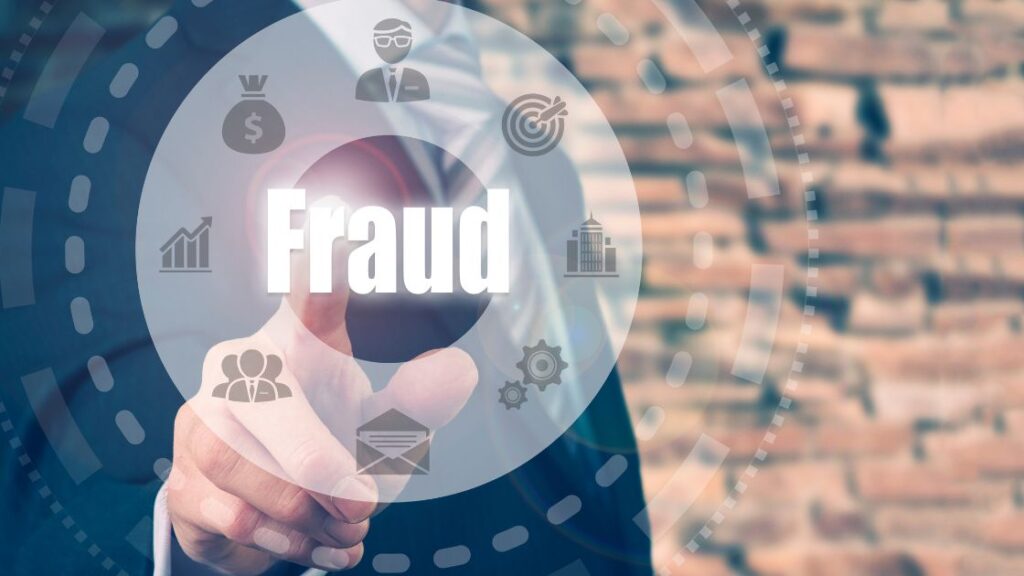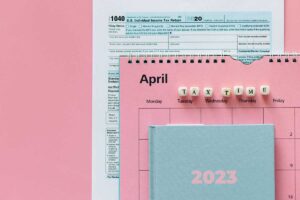Insurance fraud is a type of scam that occurs at any stage of insurance transactions. There is no specification of people who can commit insurance fraud. This means that anyone from insurance brokers or agents, third-party claimants, insurance companies, and even applicants and policyholders are involved in such types of frauds. It clearly shows that insurance frauds are not always committed by companies but sometimes applicants are also a part of such frauds. Insurance frauds are a great risk to your hard- earn money, assets, and stocks. Thus, You need to be aware of different types of insurance fraud so that you will not be the victim of such scams in the future.
Types of Insurance Frauds

Insurance fraudsters have discovered many paths to scam the public and take advantage of people. Thus, it is important to learn the different frauds so you will be able to avoid them or know how to report them properly.
1. Claim Fraud
Claim Fraud is one of the most commonly experienced frauds in which a policyholder claims a false event to get insurance money. A variety of reasons and methods are used to do claims frauds including slip-and-fall claims and other staged events.
In some cases, people fraud claims by causing damage to their own car. After receiving their money, they have the right weather to get their car repaired inexpensively or not get it repaired at all. In a similar way, homeowners cause destruction to their property by themselves for the greed for insurance money.
Another illustration is when an estate owner owns a construction that is credited less than the amount on the insurance contract. So for receiving a higher payment amount, the policyholder may pick someone to commit arson to make it look like an accident. Some business owners who are facing default or failures may also try to claim fraud to unload themselves of the business debt
2. Death Fraud
It is the type of insurance fraud in which the policy-holder fakes his or her death to receive the life insurance payout. It may seem weird just like a scene in the film but it also happens in real life.
Alternatively, there is a probability of a rare situation in which an heir may pursue to murder the policyholder to pick up the full payout. Although this is rare, the insurance company may not payoff to any of the beneficiaries if the death was because of a murder or crime.
3. Application fraud
Some policyholders intentionally give wrong or mismatched information on their life insurance applications. This application now serves as a false representation of policyholders. Basically, the cost of life insurance depends on the applicants’ general health so people may mislead about their smoking patterns or general condition. In this way, they try to receive a policy at a lower cost.
In order to avoid such types of fraud, insurance companies conduct a medical test to ensure the exact weight, height, and other general medical information. It is worth noticing that if you lose or gain weight after taking life insurance then previously provided information will not be considered misleading. But if you intentionally lie about being a lifelong smoker or carrier of any disease then as soon as the truth has been revealed, you will face negative outcomes. The insurance company will either charge you a much higher rate or reject your application.
4. Inflated claims
Homeowners sometimes take the advantage of an event when natural disasters devastate an entire region. Fraudesrts, in order to repair or renovate their houses, may sign inflated claims knowing that the repair work was never actually done.
Some types of disaster insurance claims can be easily overestimated to inflate than others, such as ceiling repair claims. If a homeowner needs to submit a roof damage claim, the roofer may announce the insurance company for higher-quality materials and then divert to sub-par materials when performing the work.
5. Disaster fraud schemes
There is a broad range of insurance frauds rather than inflated claims related to a natural disaster. Fraudsters do it for more financial gain. Logically it is impossible for an insurance company to verify each and every claim after a natural disaster because the number of suffering people is too large. This situation favors the cheaters and they submit a claim for a house that even does not get any scratch. Just because an insurance company is unable to witness the disaster and highly depends on provided data, disaster fraud occurs.
Other ways of committing disaster insurance fraud include misclassification as fire, wind, or flood damage. Some schemes involve charity fraud made to misuse funds given for calamity relief.
6. Insurance company fraud
Sometimes, Instead of customers, insurance companies themselves are involved in insurance frauds. Some of the most common types of insurance company frauds are listed below
Offering phony insurance schemes: A broker or insurance company representative may seek to trade you fake coverage through a phony insurance company He may also leave no stone to sell fake coverage using a reliable insurance company’s name.
Selling useless allowance to customers: Agents are well equipped with marketing language and they know how to play with the psychology of the common man. He may try to convince you of purchasing a policy that is useless and worthless for you. They may try to play with your mind by adding some additional coverage like unexpected death insurance, motor club memberships, and guaranteed renewable life insurance.
Thieving your premiums: Some insurance company representatives may call that you send the stocks directly to them and thus steal your payment amounts instead of forwarding them to the insurance company.
Encouraging a product deceptively: Some brokers may force users to buy an insurance-related instrument such as a viatical settlement. It is a way to make money out of an insurance policy on sick or terminally ill people. While such instruments can be used legally, some have been represented deceptively or used fraudulently. If you’re feeling this, investigate the opportunity’s terms and images against guidelines announced by the National Organization of Insurance Commissioners.
How to avoid insurance frauds
In today’s world, where fraud and scams are difficult to detect, and in most cases your money won’t be restored at any cost. So it is important to be a little proactive before buying any insurance policy. Following tips will be helpful to avoid the insurance frauds
- Do complete research about your preferred insurance company. Visit its head office, meet with the agent in person, visit tier websites to view authenticity and also check people’s reviews.
- In case you do not identify the company’s name, be extra cautious when proceeding. You can ask the state insurance department which is responsible to register the insurance companies.
- Do not rush and take your time to analyze two or more insurance companies, read their policies, terms and conditions, and benefits which they are offering.
- You can also seek the help of a financial advisor who tells you if the product is worth the expense or not.
Wrapping text
Being a victim of insurance fraud or attempting insurance fraud, can bring serious consequences to you and your future life. If you are involved in insurance fraud as a customer and get caught by the company then it will result in a claim denial, rejected insurance applications, or even prosecution.
If you experience insurance fraud by the company then it will cost you hard-earned money and leave you and your family unprotected financially. Thus you need to be very cautious throughout the application process because it is good to be a little proactive instead of crying over spilled milk.








